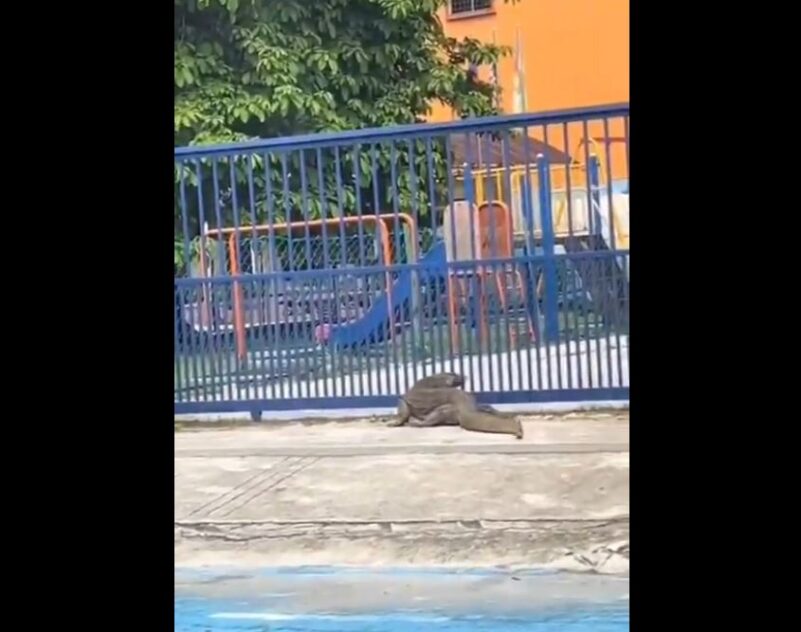LANDLORDS who facilitated illegal activities, such as storing of illegal cigarettes on their premises, can be held liable under Section 135 of Customs Act as well as Section 107 and 108 of the Penal Code.
Such is the hard truth following a series of news reports highlighting the rise in cases of warehouses, shop lots and even homes being used by criminals to stash large amount of illegal cigarettes prior to distribution in the domestic market.
“In order to service their on-going bank loans under the current economic upheaval, landlords are choosing to ignore tenants’ backgrounds or conduct sufficient tenant due diligence,” HELP University’s Institute of Crime and Criminology senior lecturer R. Paneir Selvam pointed out.
“This is especially so if they are offered above the market rate or paid 12 or 24-month rental in advance.”
Last week, Customs Department’s director-general Datuk Seri Abdul Latif Abdul Kadir warned landlords that they can be charged under Section 135 (1)(d) of the Customs Act 1967 for allowing tenants to store uncustomed or forbidden goods.

Selvam explained that if the landlord is aware that the tenant has been using his residence to conceal illicit cigarettes, the landlord as the property owner can be charged under the sub section which carries a minimum fine of RM100,000 or a minimum imprisonment of not less than six months and not more than five years or both.
“Furthermore, anyone convicted for a second or subsequent conviction faces a minimum fine of RM200,000 or jail sentence of not less than six months and not more than seven years in prison or both” he elaborated.
“Therefore, it is the landlord’s responsibility to scrutinise the potential tenant’s background and to be answerable for whether or not their property has been used for illegal activity.”
If illegal activities are being committed, the landlord is required to file a police report and take legal action against the offending renters.
“However, if the landlord is aware of the illegal activity, the court may hold the landlord liable for aiding and abetting the tenants under Section 107 and 108 of the Penal Code,” Selvam advised.
Selvam also cautioned landlords against trusting real estate agents who are enticed by the attractive commission rates from tenants who are engaged in illegal activities.
“Landlords should check the credentials of such agents and alternatively check whether they are registered agents or not at www.lppeh.gov.my,” he suggested.
“To avoid issues, landlords should enter into proper tenancy agreements with tenants prior to renting out their properties. Landlords should also conduct a due diligence on the nature of their tenant’s business for business purposes and ensure proper identification of the tenants for residential purposes before engaging into a tenancy agreement.” – Sept 9, 2021









